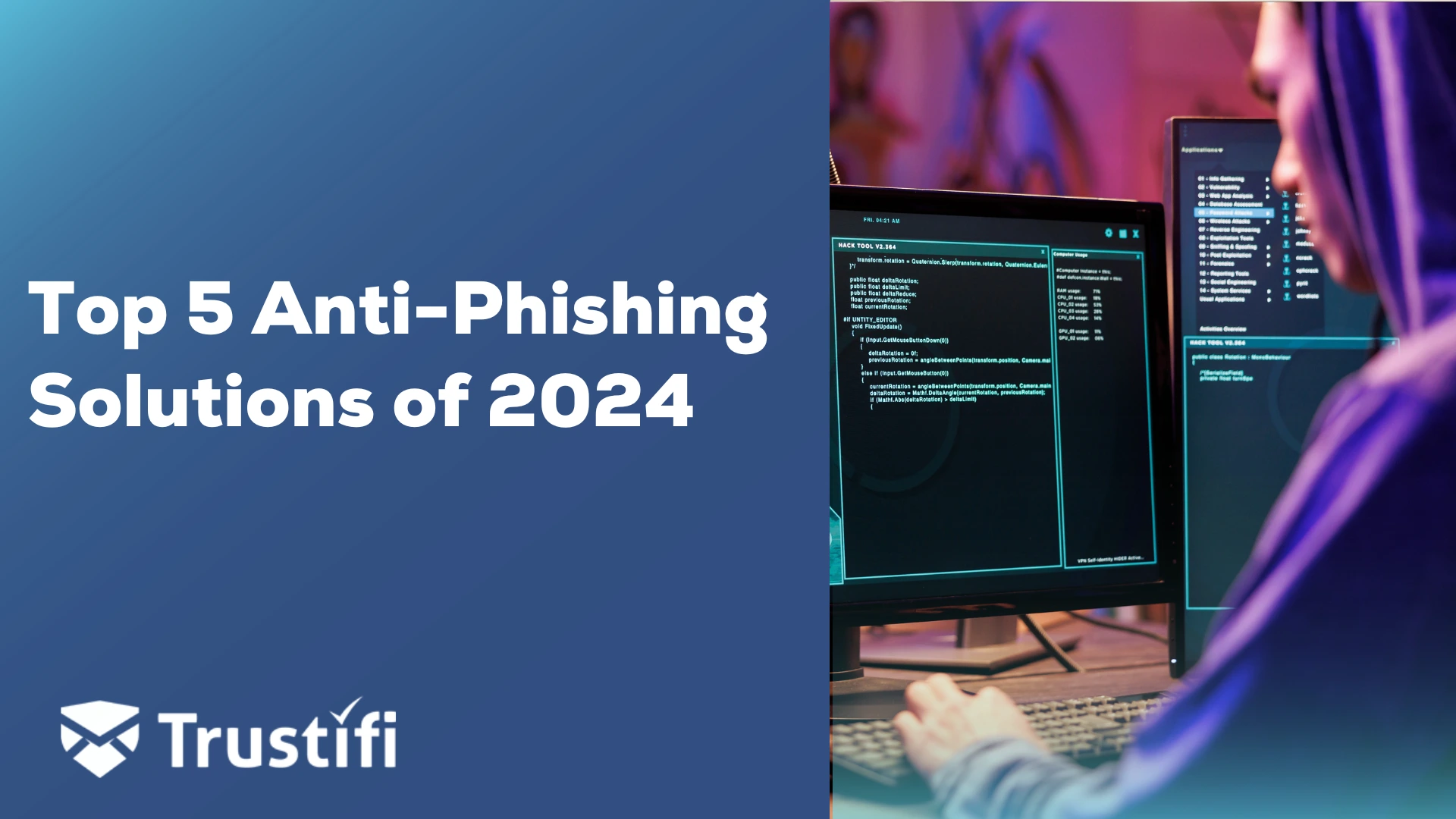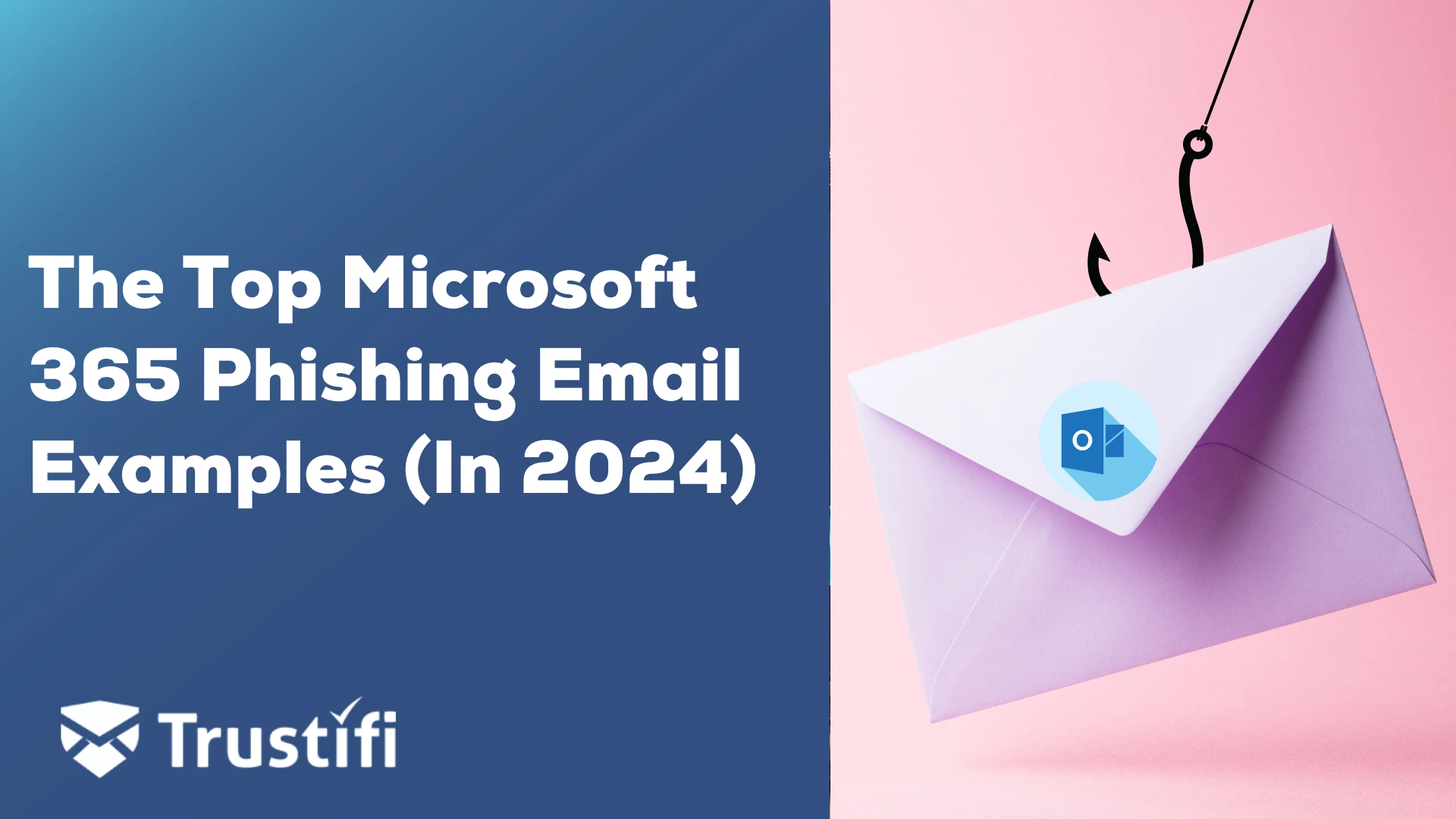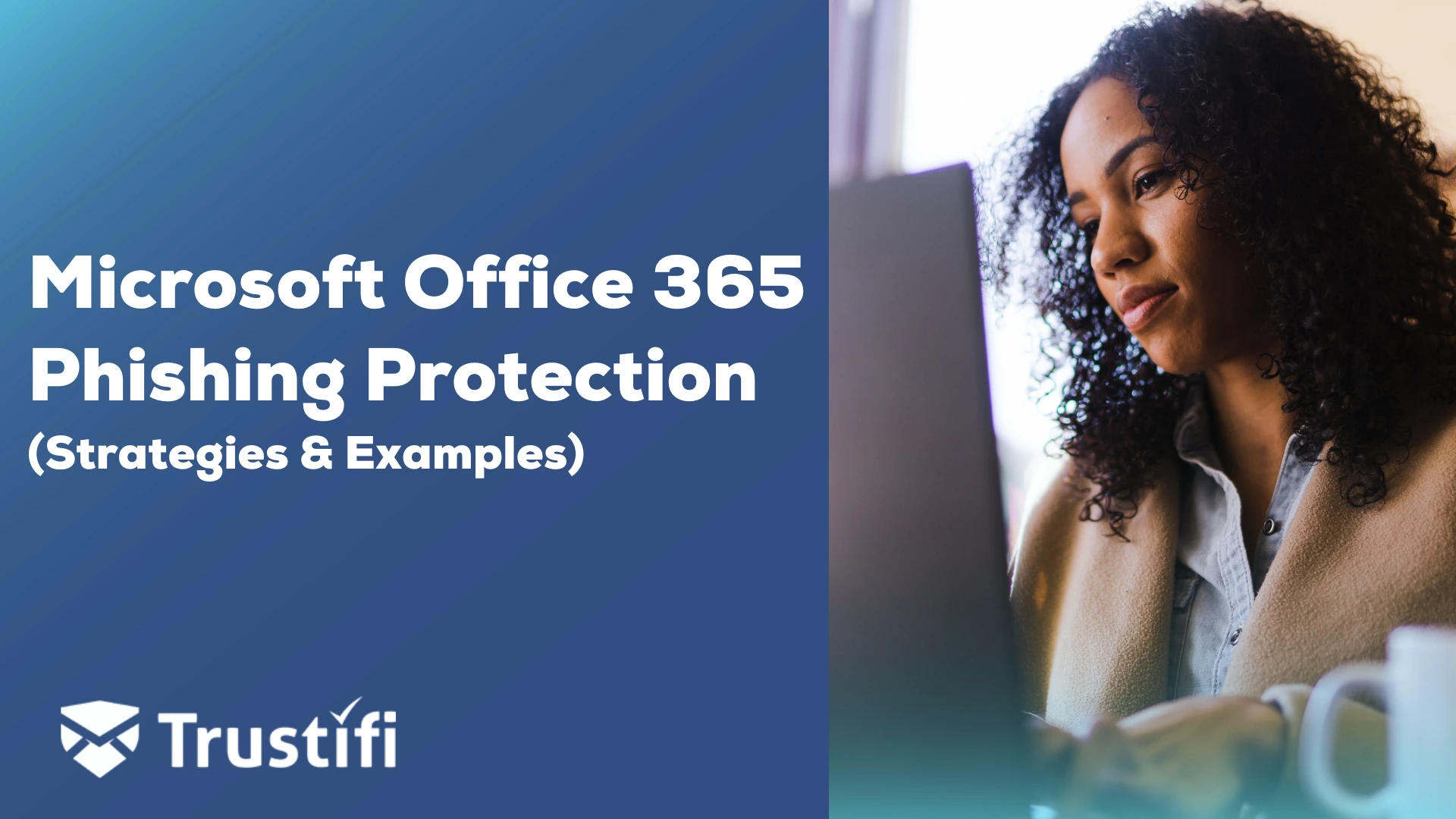Each day, companies worldwide utilize email to communicate, both internally and externally, often sending email messages and/or attachments that contain valuable and sensitive data, so there are many advantages to having email security. When properly implemented,
the best email encryption protects email content, ensuring that it is only accessible to its intended recipient(s). If left unencrypted, emails intercepted by malicious actors like hackers and cybercriminals can be read and leveraged through phishing attacks and the likes — making any information present within such emails completely vulnerable. On the other hand, through a technology most commonly referred to as end-to-end encryption, encrypted emails are only legible to those in possession of the correct decryption key. With end-to-end encryption, a public key is mobilized by the sender to encrypt the email, and then a private key is used by the recipient to decrypt the message. Here’s more information on
Public-Private Key Pairs & How They Work.
Cyber security is a top priority for all businesses in today’s digital world where email systems are among the most common attack vectors that the criminals take advantage of. This is why most businesses opt for integrating advanced email security systems into their existing email architecture including Microsoft’s Office 365 and G Suite. The theft of delicate data via email can result in irreparable damages for a business, at times even dramatically compromising a business’s ability to securely communicate with customers, peers, investors, employees, etc., but with robust encryption, this data can remain protected with email security. It’s important to use reputable encryption methods and solutions to prevent email threats and fully secure your email accounts. Implementing advanced email safety systems is the best way to protect you from email attacks, prevent loss of data due to network or email server problems, isolate your endpoint software from malware, and give you full control over email flows in your organization. Here are the top advantages of email security systems that could be used by all organizations, whether a small business or a large enterprise.
Protect Secret Information
One major benefit of having email security in place is to protect secret information. All businesses, regardless of industry, want to maintain the privacy of valuable company data. From intellectual property to financial records, to top-secret company information and trade secrets, email encryption secures information intended to remain private, protecting it from landing in the hands of unauthorized parties. And so, through encrypting, or disguising, email contents,
email encryption solutions work to successfully protect secret information from being accessed and read by anyone outside of the intended audience.
Email Security for Compliance
Business dealing with financial data, student records, medical records, credit card information, etc. must abide by certain compliance guidelines. Many of these guidelines, specifically
HIPAA, CJIS, and CFPB, require encryption, while others like GDPR strongly encourage it. Although there are various compliance metrics that either mandate or recommend email encryption, they all require that organizations protect employee and customer data such as electronic Personal Health Information (ePHI), Personal Identifiable Information (PII), or Nonpublic Personal Information (NPI). Email encryption serves to help individuals and businesses accomplish this, “preventing accidents, and preventing data breaches in the case of a hacker breaking into your system.”
Cost Efficiency
Not only does email encryption serve to protect private user data with unmatched security, but it can also yield economic benefits. Email providers and platforms that allow for the seamless integration of encryption tools through their servers negate the need for users to purchase extra equipment or hardware pieces for their network environment. Trusted third-party servers often are far less costly than individual servers, which are often unnecessary.
Nullify Message Replay Possibilities
Email encryption can also help users to avoid message replay attacks — in which a malicious actor manages to intercept a secure network communication and either fraudulently delay or resend the message in order to trick the recipient into carrying out the attackers intended plan. Without encryption, messages can potentially be saved, altered, and later re-sent by malicious parties. Encryption services utilize expiration times/timestamps, random session keys, and one-time passwords that are immediately discarded in order to reduce the risk of message replay.
Avoid Identity Theft
It is not uncommon for businesses to send out emails that contain sensitive content, including but not limited to Social Security numbers, bank account numbers, credit card numbers, financial terms, and additional highly-valuable personal financial information. When these credentials are shared via email and are left unencrypted, individuals are incredibly vulnerable to identity theft. Moreover, if a malicious actor manages to access an individual’s username and password, gaining access to their email server, that attacker will be able to access sent messages and send fraudulent messages disguised as the account owner. With email encryption, emails are rendered unreadable to all parties except the intended recipient.
Authentication
By implementing an email security system, companies can help their employees to better differentiate authentic, legitimate senders from spam or phishing email — which continues to plague inboxes on a global scale. Authentication prevents malicious actors from performing attacks, like stealing private keys or tricking the sender into using an incorrect public key, through the use of digital signatures. These signatures are unique digital codes that are entirely specific to each distinct user. Users can purchase digital certificates and unique codes from certificate authorities (CAs), which will serve to verify each party and automatically handle encryption key management. By protecting both private and public encryption keys from bad actors, encryption authentication maintains the security of all encrypted messages and attachments as well as your company email address.


